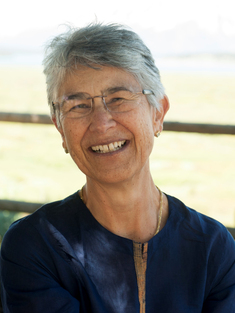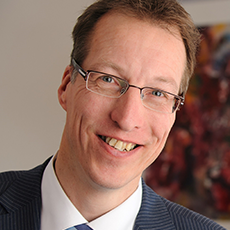How Do We End Food Loss and Waste?
Subscribe to the series on SoundCloud or Apple Podcasts.
Food loss and waste is an enormous problem. It’s estimated that a third of the food produced is lost or wasted, something that costs the global economy nearly a trillion dollars each year. It also affects other issues, from food security, health and equity through to biodiversity loss, land use and climate change. If we are to feed the people of the world without destroying it — especially as the global population climbs towards a possible 10 billion people by 2050— then food loss and waste must be tackled.
This podcast looks at exactly how this might happen. Behavioral science needs to play a role, steering people to make decisions and develop habits that make better use of the food we buy. In some parts of the world extra attention also needs to be paid to food before it reaches the consumer. This means measures such as more efficient supply chains between farms and shops. In the podcast you’ll hear about successes in Britain, research in the Netherlands and insights in Ecuador.
Highlights

Liz Goodwin, Senior Fellow and Lead on Food Loss and Waste, WRI
“People think climate change is something that they can’t control — it’s much too big [and] we need governments and businesses to do something about it. We each individually can reduce food waste, and that will make a big difference. We can equally make sure that our families get a nutritious diet.”

Yolanda Kakabadse, Former Minister for the Environment, Ecuador, and Former President of WWF International
“Women are more sensitive to these issues. They involve their children, they involve the rest of the family, their neighbors. Even when they go to the market they start putting forward some issues that the producers should be aware of. That’s the beginning of change. I don’t think we can expect change in public policies unless there is a drive, a push and energy coming from the consumer.”

Toine Timmermans, Program Manager Sustainable Food Chains, Wageningen University and Research
“We find clearly that people tend to reduce their habits more easily if it is done within their own environment, within their bubble. People tend to ask what is their neighbor doing, what is their colleague doing, than comparing with the average consumers. That element, adding to that, really made a big difference.”
Useful links:
-
Learn more about WRI Food on our website and follow us on Twitter
-
Learn more about Champions 12.3 on their website
-
Follow the panelists on Twitter at @LizGoodwin, @ToineTimmermans, @Y_Kakabadse
Projects that include this Resource

Champions 12.3
Launch PlatformLaunch Platform Visit ProjectInspiring ambition and mobilizing action to reduce food loss and waste globally.
Part of Food